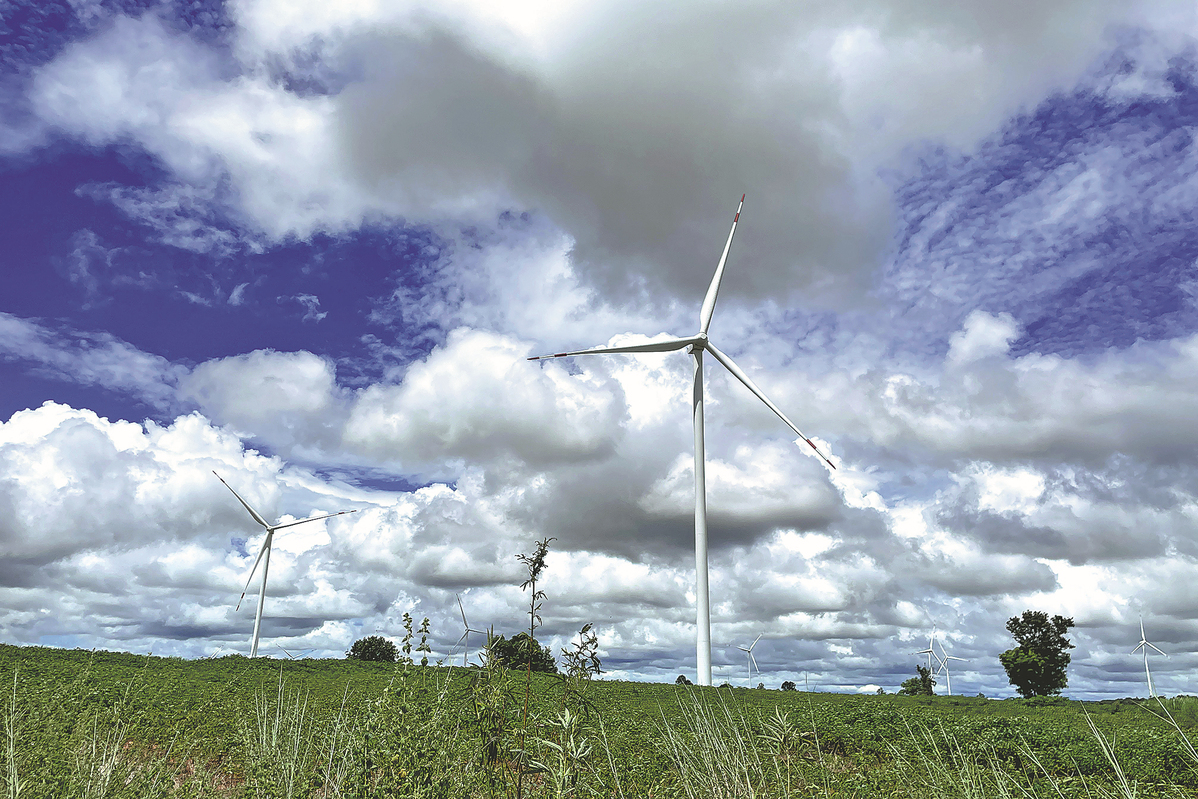Driving toward green future via incentives for EV sector


More chance
Choochat Phonphoem, 42, who has worked in Great Wall Motor's Rayong plant for nearly two years, said he earns a basic monthly income of nearly 18,000 baht ($534) with a bonus based on production performance. "The wage is higher than in my previous (job) in another car plant and has been stable even during the COVID-19 pandemic," he said.
The job also offers him more chances to learn Mandarin and Chinese culture. Now he can speak some basic sentences in Chinese, such as a brief self-introduction. In the canteen, he said workers can have options for traditional Chinese cuisine, including dishes like Kung Pao Chicken and scallion.
As China and Thailand have had more collaborations and exchanges in recent years amid China's Belt and Road Initiative, Choochat said people from the two countries understand each other better.
"My 12-year-old daughter's school also offers Mandarin classes. I believe China and Thailand will see closer partnerships in the future," he said, adding that Shanghai is among the top choices on his travel wish list as he is impressed by the city's mix of historical sites and modern vibes, as seen on social media.
Bridging the differences is a core task for Chinese companies going overseas. And it has been the same case with Great Wall Motor in Thailand. Despite geographical proximity and cultural similarity, Thailand still has its uniqueness in terms of customer preferences. An interesting example is their completely different attitudes in regard to the EVs' "smartness".
"Chinese consumers are fond of those cool AI-supported functions, which communicate with drivers frequently, such as providing safety reminders. But for many Thai consumers, they are more accustomed to a simple relationship between car and driver, with less interaction," said Zhang Zhen, director of brand and communications at Great Wall Motor, or GWM.
"The smart car sensor was the complaint we received most when GWM entered the Thailand market at an early stage. Many customers said it's too annoying for the sensor to give 'beep beep beep' reminders all the time when some objects are too close. But you know in Bangkok, it is inevitable, because motorcycles are everywhere," he said.
Even so, great outcomes were witnessed after prompt adjustments. Last year, GWM sold 11,616 vehicles in Thailand, more than triple the previous year's tally, with a market share of 1.4 percent.


















